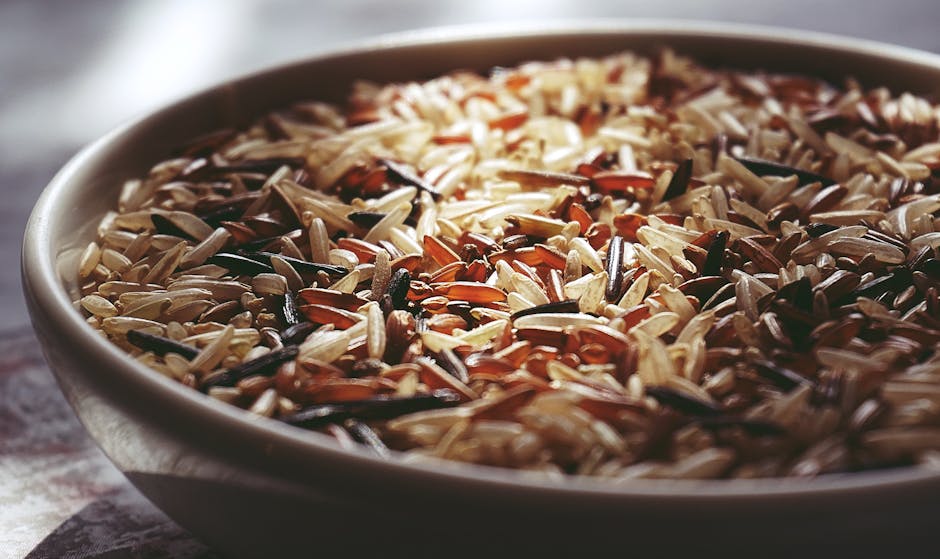Can I Compost Rice?
Rice is compostable because it's a readily biodegradable carbohydrate source, though its dry nature means it should be balanced with nitrogen-rich materials.


Sourced & Cited
Rice, whether cooked or uncooked, can be added to your compost pile. It breaks down relatively easily, but its low moisture content requires careful management in your compost system. Remember to balance it with "green" materials for optimal decomposition.
Compost Classification
Brown (Carbon-rich): Uncooked rice is a dry, carbon-rich material that's slow to decompose on its own. Its low moisture content makes it a good "brown" addition to the compost pile, providing structure and carbon for the composting process. Cooked rice, however, becomes moist and functions more like a "green" material.
🏷️ Tags
Important characteristics to know about this item:
Breaks Down Slowly Use in Moderation Pest Attraction Risk
⚠️ Potential Risks
- Pest attraction: Large quantities of rice can attract rodents or insects if not properly managed within the compost pile.
- Slow decomposition: Uncooked rice can decompose slowly if not properly mixed with other materials, particularly "green" materials.
- Potential for mold: Cooked rice, especially if improperly added in large quantities or in a damp pile, can support mold growth.
💡 Best Practices
- Chop cooked rice into smaller pieces (about 1/2 inch) to increase surface area and speed decomposition.
- Mix uncooked rice with a significantly greater volume of "green" materials such as vegetable scraps or grass clippings.
- Ensure adequate moisture and aeration in your compost pile to prevent mold and encourage microbial activity.
- Don't add large quantities of rice at once to avoid clumping and slow decomposition.
Similar Items
Oats Barley Quinoa Wheat
